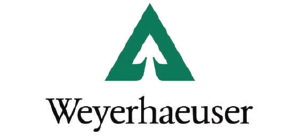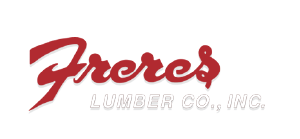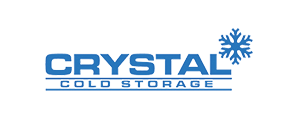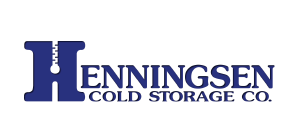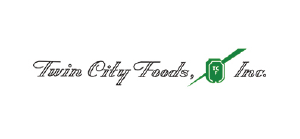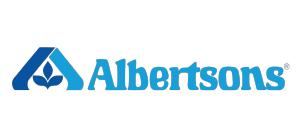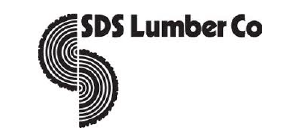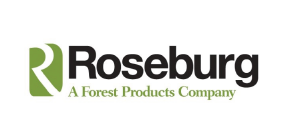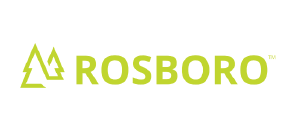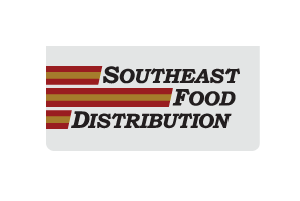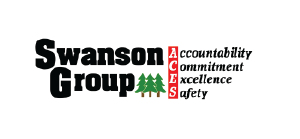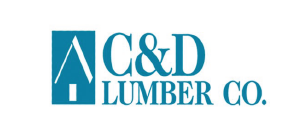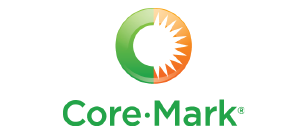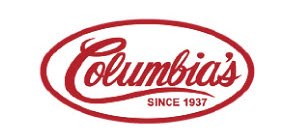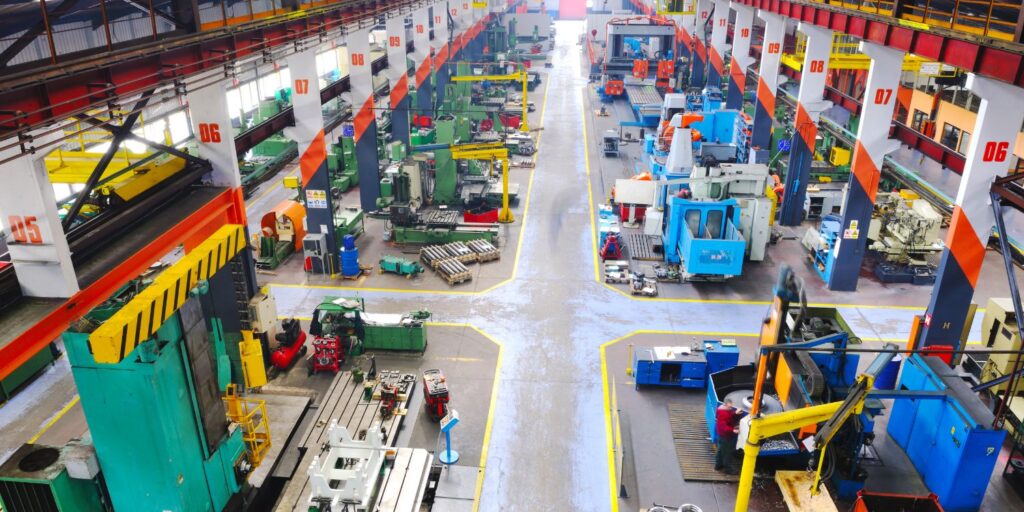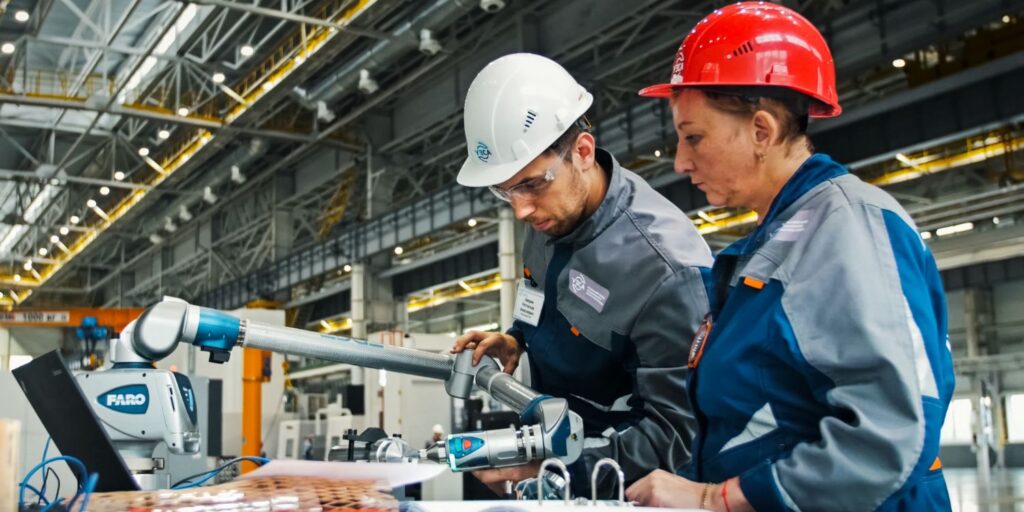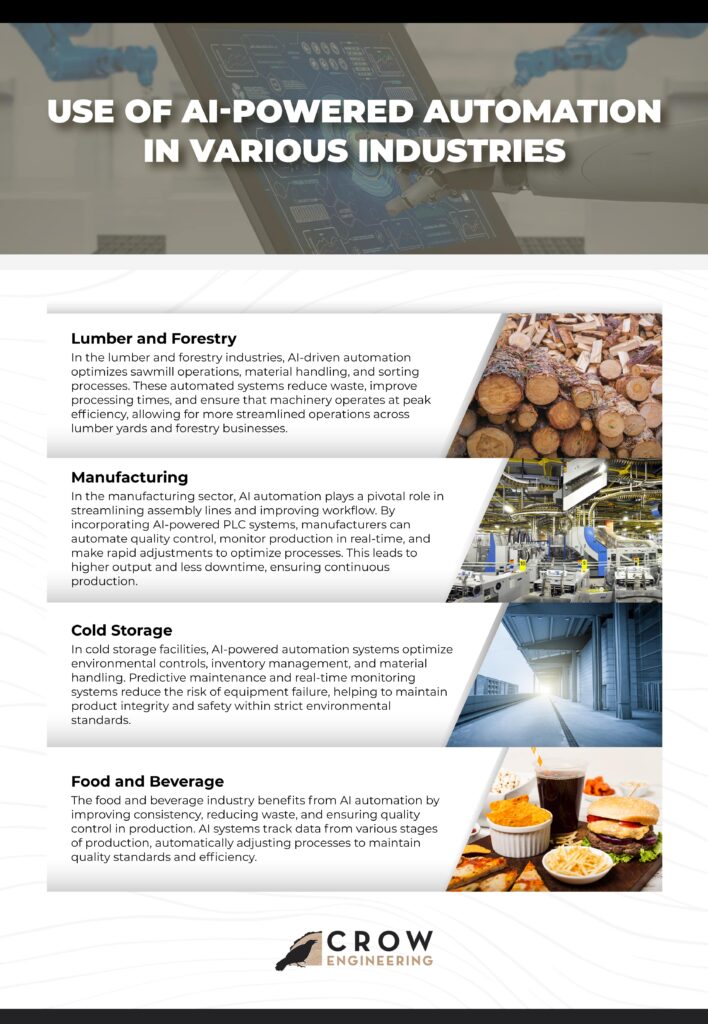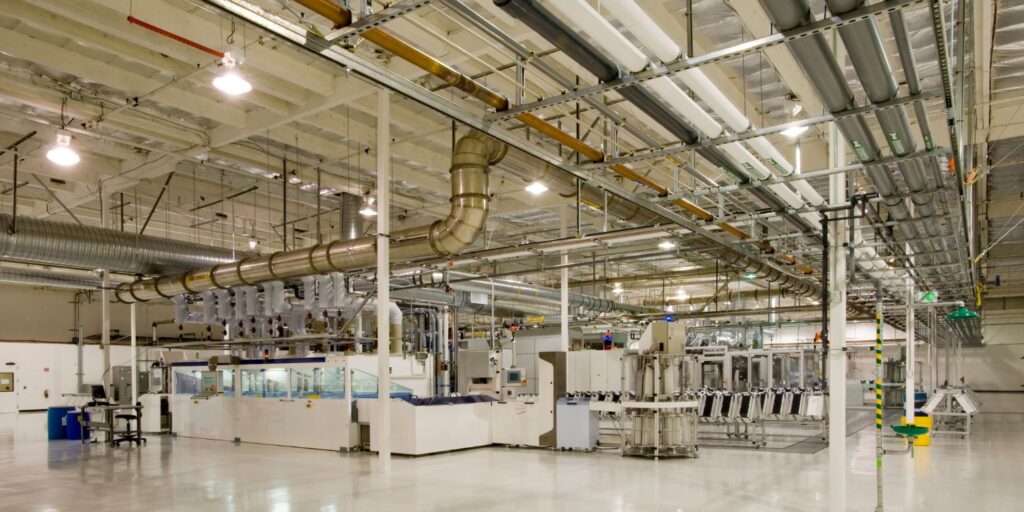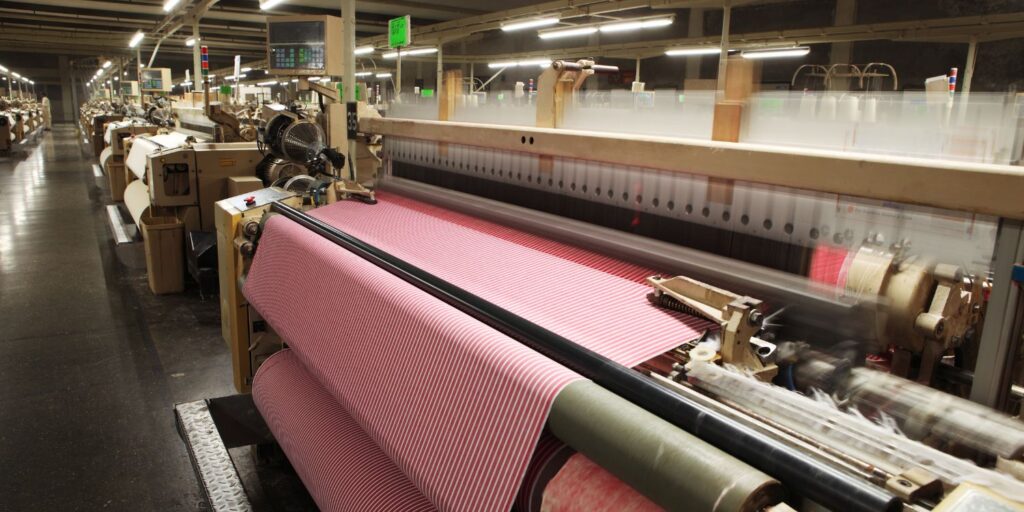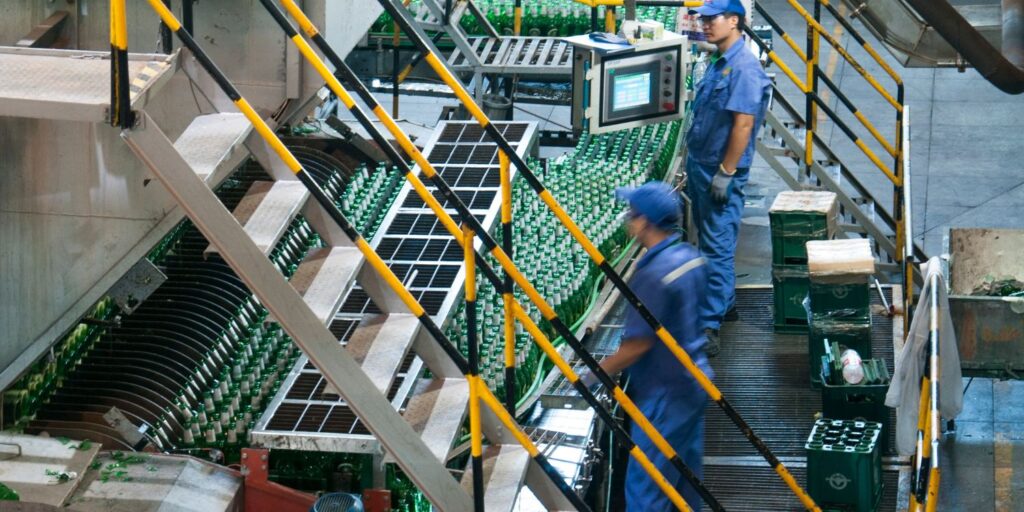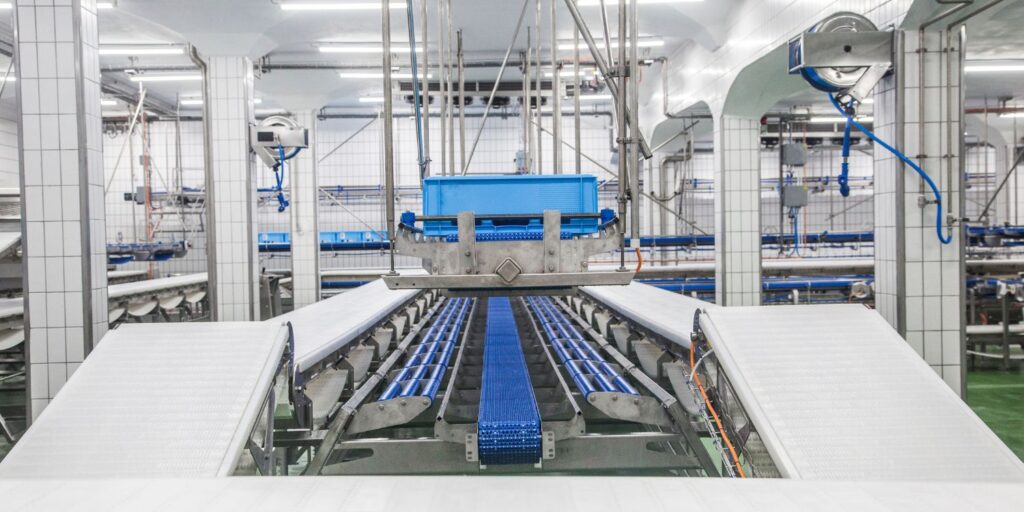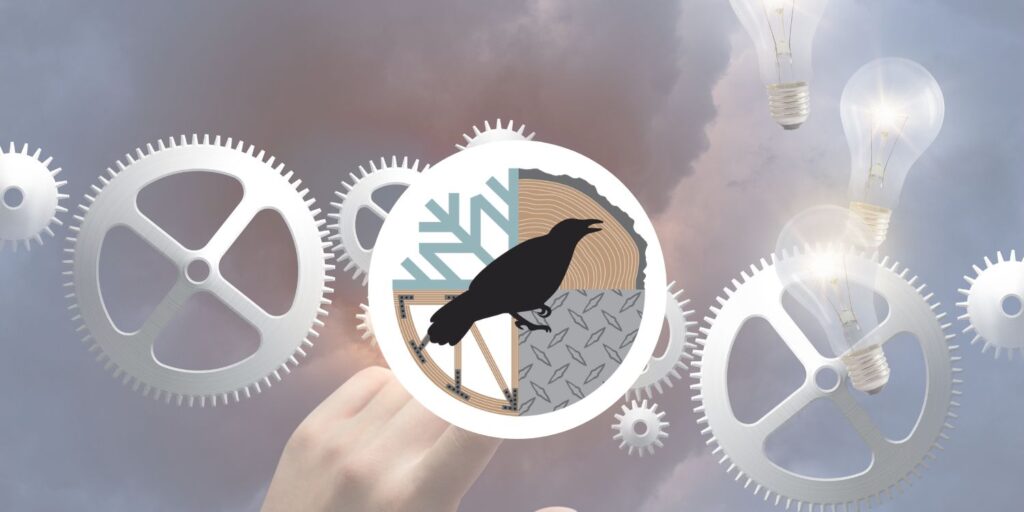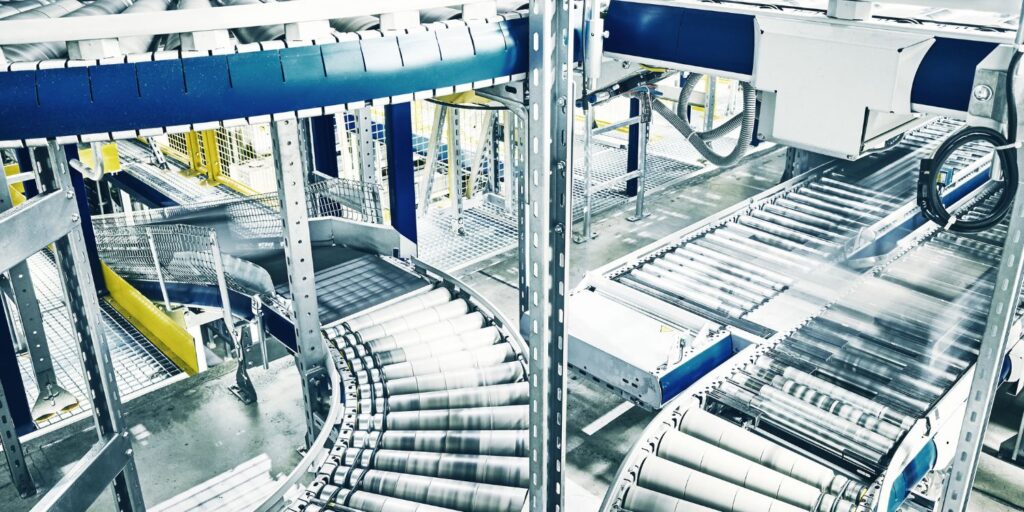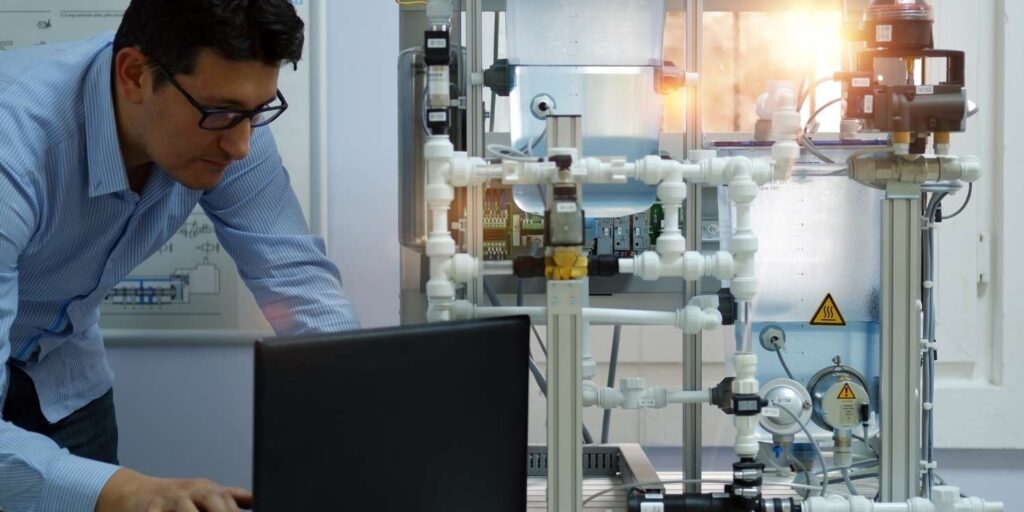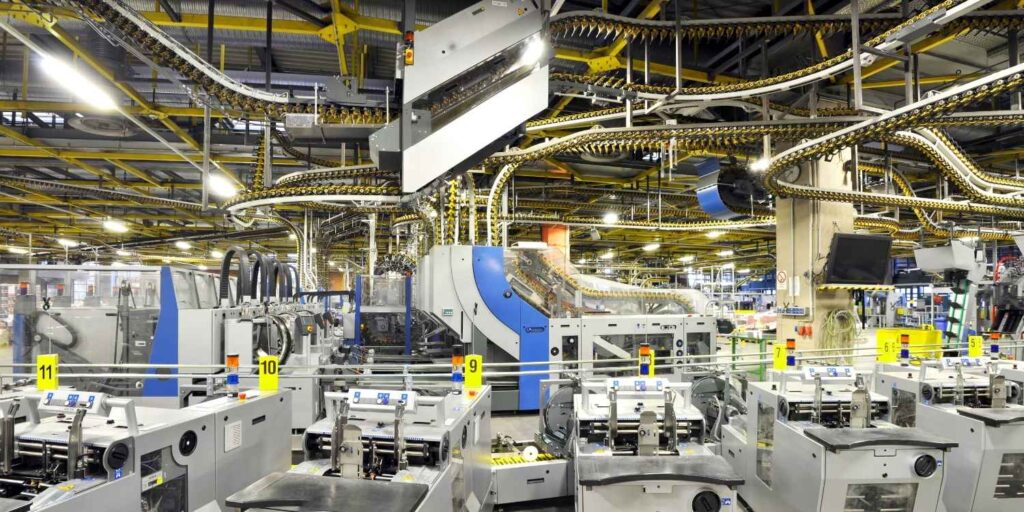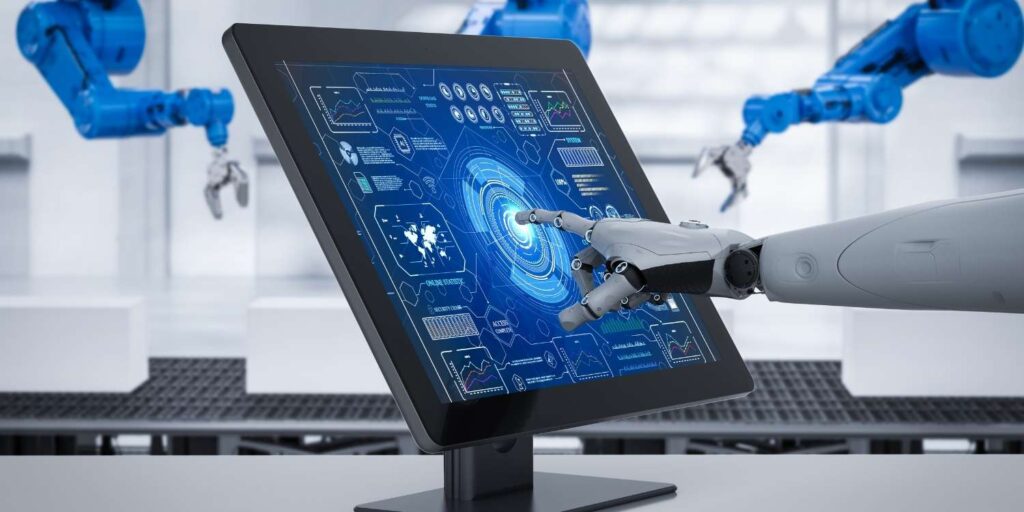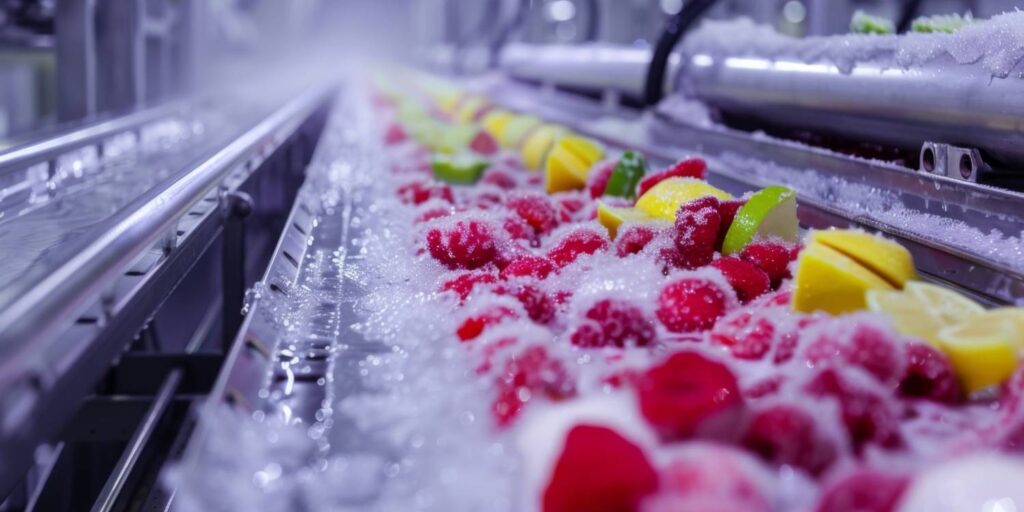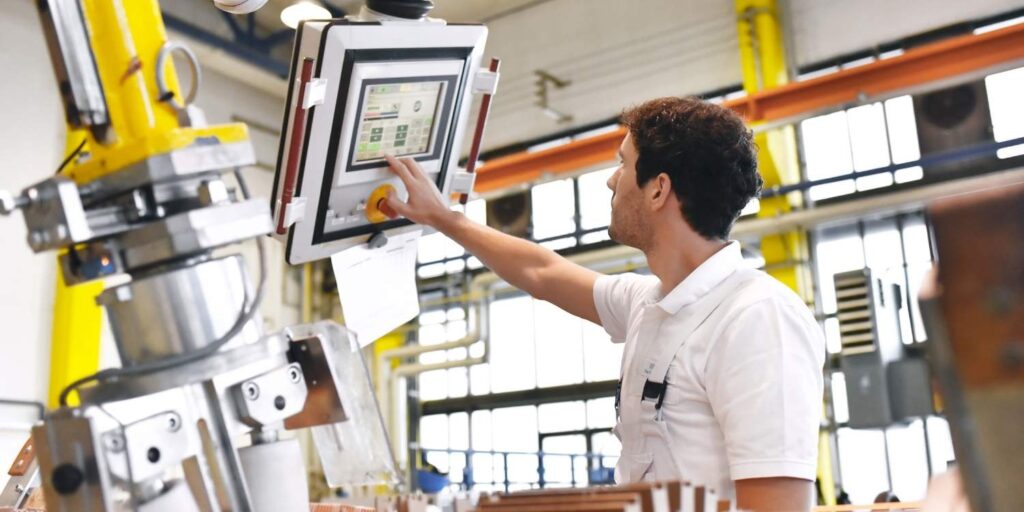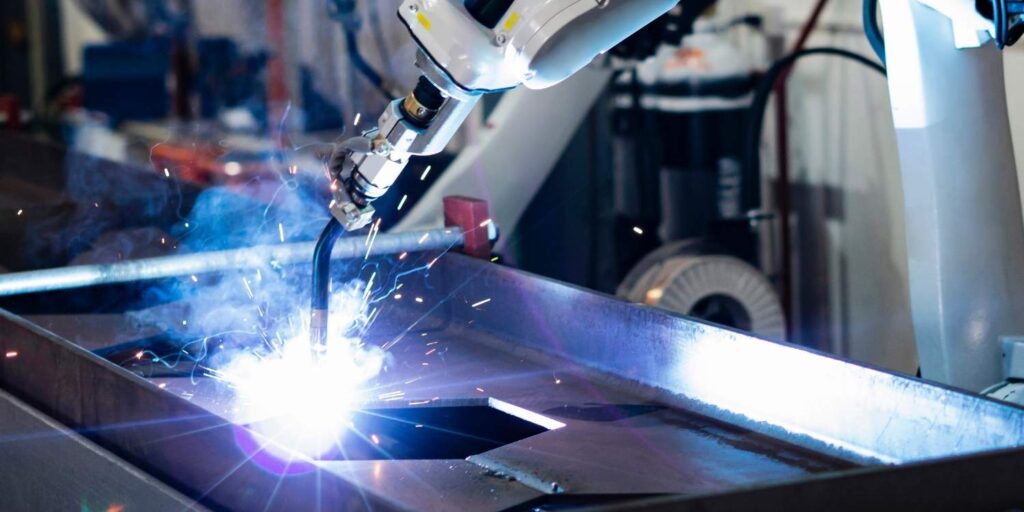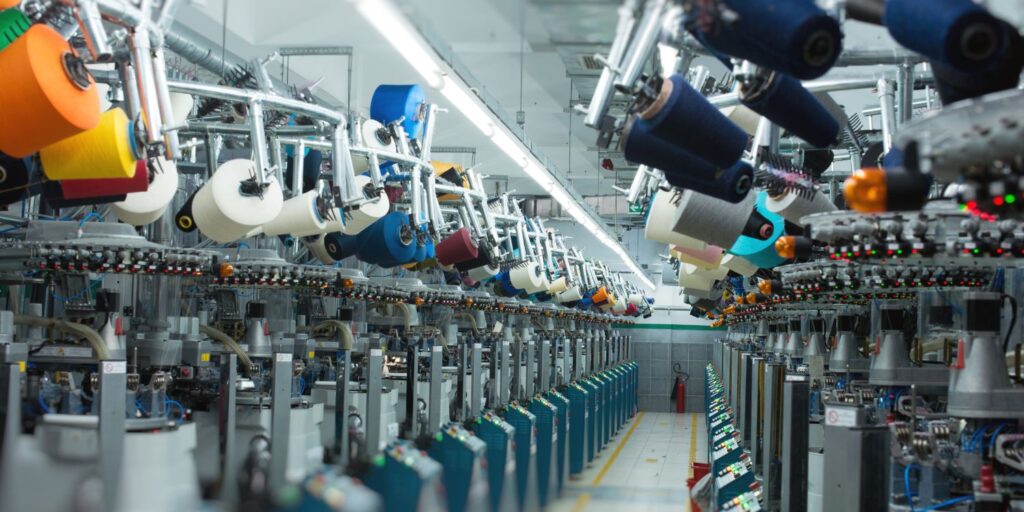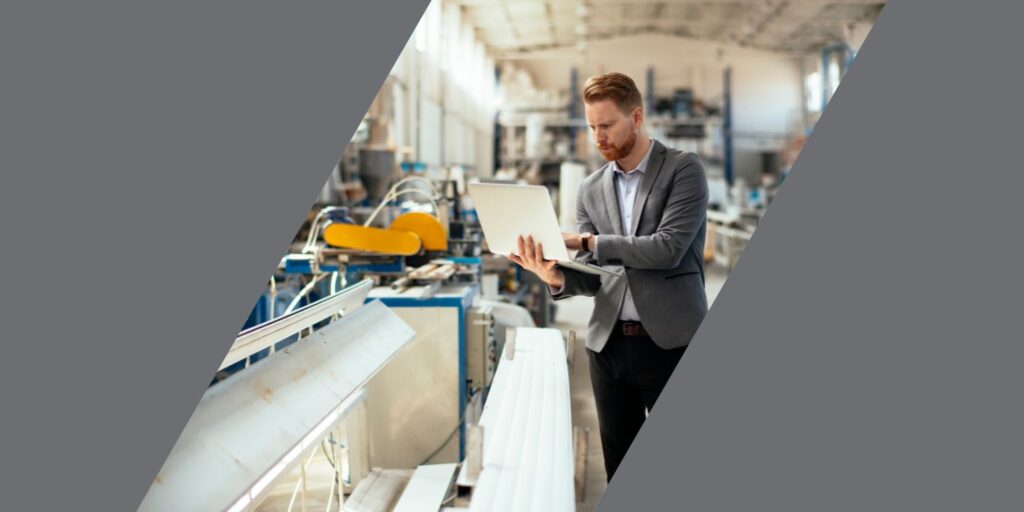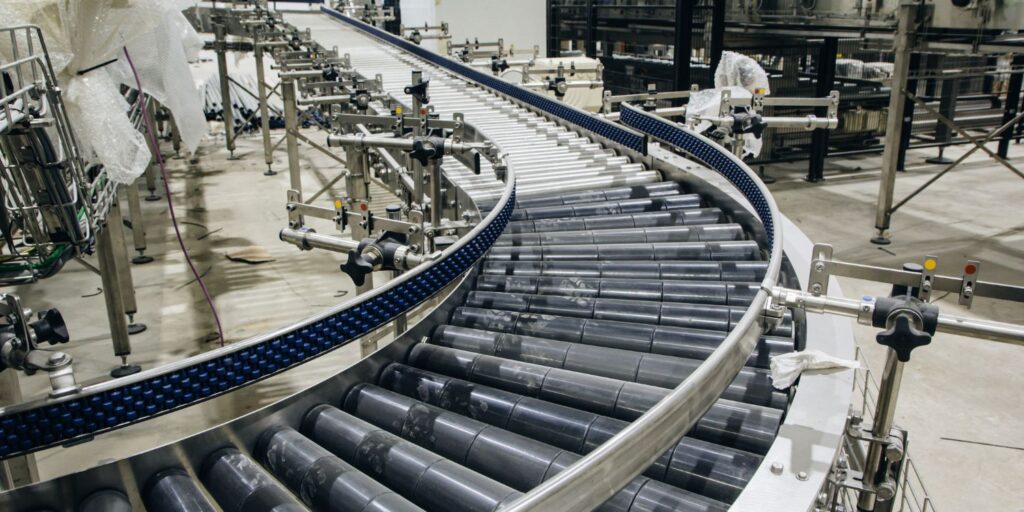When it comes to upgrading conveyors, it’s important to move deliberately. For starters, you’ll need to assess the space, infrastructure, and equipment in place. Because a conveyor expansion or modification represents a substantial capital investment, you’ll also want to carefully analyze all available options. You need to weigh benefits against costs and assess your tolerance for risk.
At Crow, we are continuously involved in projects to help customers achieve and exceed their expansion goals. In our experience, when designing conveyor layouts, it’s important to consider the following during the conveyor design process. Going through these simple considerations can greatly reduce design mistakes and help you avoid costly operational downtime in the future.
- Material
What is being conveyed? What is the product size, composition, flowability? How will the material behave as it is being handled or processed? These questions help you figure out the best type of conveyor and chain to choose for the uses you have in mind. - Operation
Here, we consider operational requirements around function and performance. A key metric is the amount of material you intend to convey in a specified timeframe. Knowing the demand for such material at each process or operation point will guide your decision-making from the start. Also consider hours of operation. How often do you expect the conveyor to run? - Environment
Every conveyor runs in some type of environment. What is your environment like? Can it withstand the rigors of relevant environmental extremes – such as temperature, humidity, corrosion, vibration, etc.? Another important question: Are their open sources of ignition? Will the environment be flammable or explosive? Answers to these questions might lead you to consider explosion-proof motors, corrosion-resistant bearings and shafts, or other design choices. - Footprint of conveying system
Your conveyor needs to fit in the space allotted. When designing new or modified conveyor equipment, particularly when some portions of the system already exist, important considerations include infeed/discharge elevations, centerlines, and the operational speeds of existing machines that work with the conveyor. Also, is anything in the way? Do you have to avoid columns, ceilings, walkways, mezzanines, material staging areas, or pedestrian or forklift traffic? - Maintenance
How easy will it be to perform regular preventive maintenance? Can you quickly swap out chains, bearings, motors, belts, shafts, sprockets, etc.? These are important design considerations with an obvious goal – to maximize maintenance efficiency and minimize the potential for costly downtime that comes with machine failure. - Conveyor components
Is your conveyor designed with components that are easily sourced? Can they handle the environment? Are they available from local distributors? Are they cost effective? The last thing you want is for operations to come to halt for want of an essential part that’s difficult to find. - Safety
Does your conveyor design follow applicable OSHA requirements and local laws? Does it have proper guarding at pinch points or known hazardous areas? If pinch points/hazards cannot be guarded, could you fence off the conveyor or system to restrict access and potential accidents? - History
Be sure to listen to the experts. They’ll provide insight into what has and hasn’t worked in the past. When replacing existing equipment, the importance of functionality, reliability, and service history should not be overlooked. At the same time, your own history is critical. If conveyor reliability or functionality has been an issue for you in the past, understanding these issues can lead to suitable design changes and countermeasures. The result is more satisfactory results for your material flow goals.
Trust in Crow
By considering the questions discussed here – and by remaining in constant communication with the customer – Crow has helped many customers achieve their conveyor design goals. We provide full design or on-call engineering for small and fast-track projects that need to be handled quickly with a minimum of expense. We manage the initial design and can also support the project throughout construction.
If you have conveyor modification, upgrades, and expansion plans, be sure to tap the kind of expertise that can help you avoid mistakes, minimize costs, and ensure success. Give Crow a ring at (503) 213-2013. We’d be happy to talk.
Who are we?
Crow Engineering is a multi-discipline consulting engineering firm serving mechanical, structural, and civil engineering needs for a variety of industries.
Engineering Services
the crow connection
Recent News
The Crow Connection delivers high-level insights on engineering, automation, and process optimization, helping you drive efficiency and innovation. Covering topics like AI-powered automation, manufacturing strategies, and industrial process improvements, it’s a must-read for leaders seeking a competitive edge.

